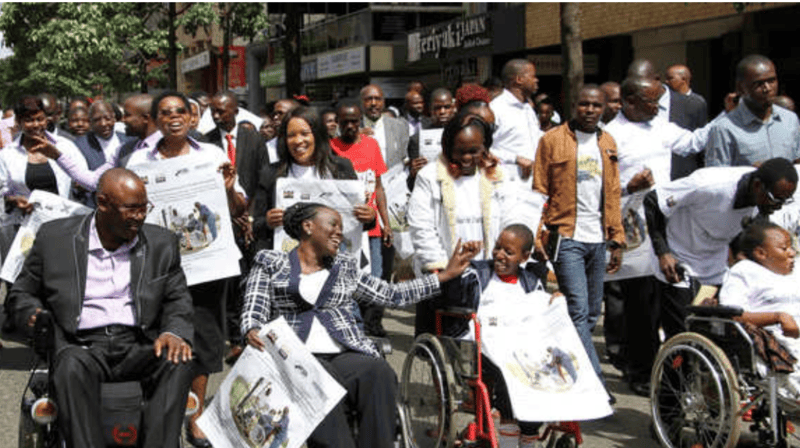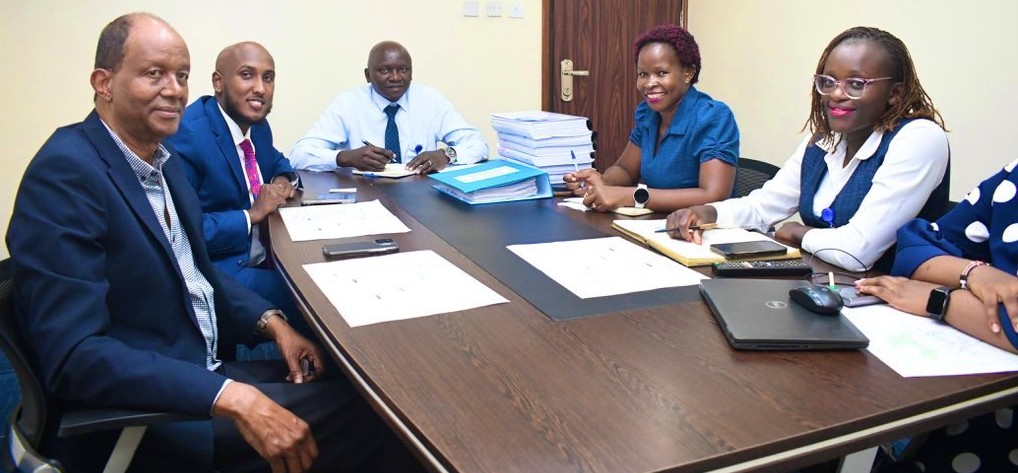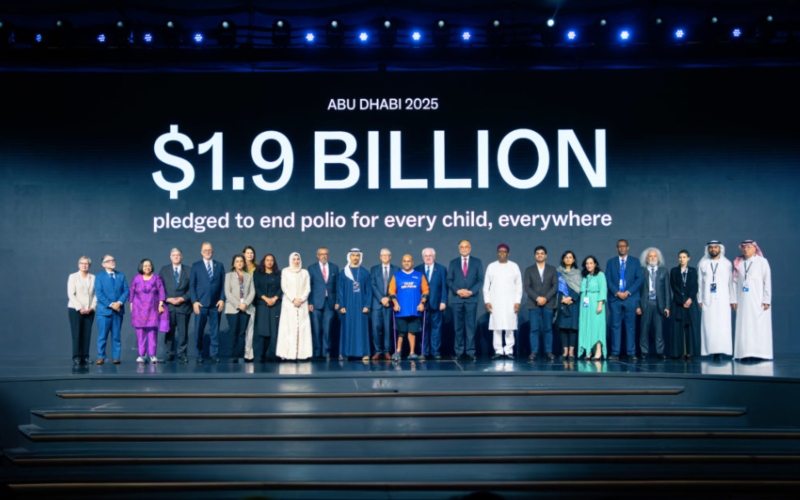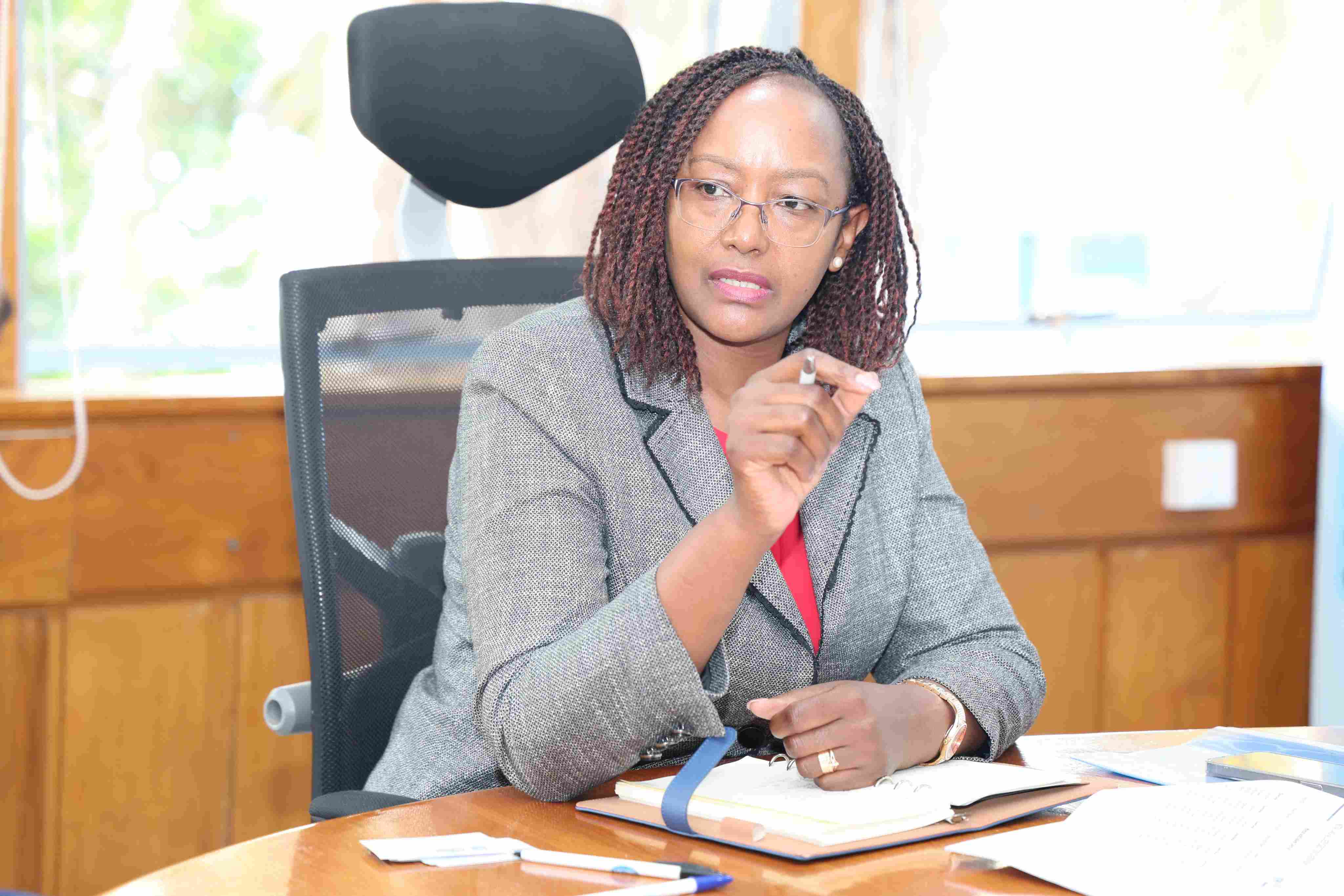Guterres calls for urgent reform of the Security Council
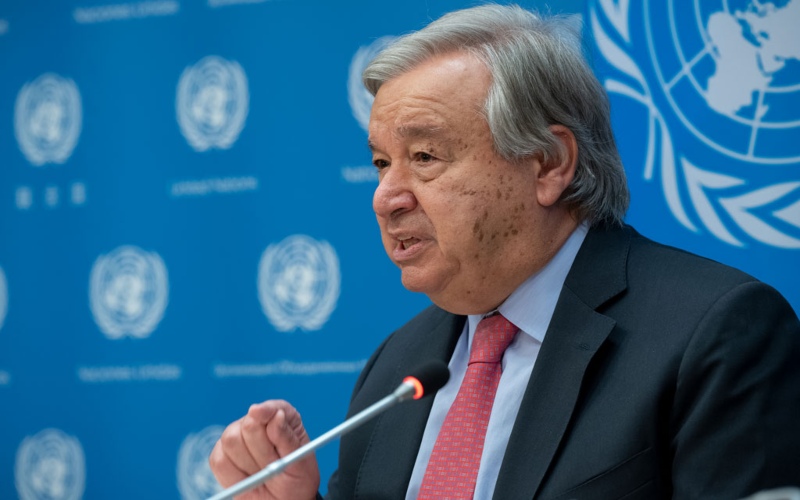
While the Council has played a central role in peacekeeping, conflict resolution and upholding international law, its veto system has often stalled action and sparked criticism.
Secretary-General António Guterres on Friday warned that the “fragile” legitimacy of the Security Council could endanger global peace if it remains gridlocked and fails to fulfil its primary purpose.
Guterres was addressing ambassadors in the iconic chamber in New York on United Nations Day, marking 80 years since its founding. He spoke via video link from the capital of Viet Nam, Hanoi, during a robust open debate on how the UN navigates an uncertain future.
More To Read
- UN’s Guterres vows to push for Palestine two-state solution, says he will ‘not shut up’
- UN hails DR Congo-Rwanda peace deal amid ongoing hostilities in the east
- UN Security Council begins process to appoint next secretary-general
- AU calls for Africa’s permanent seat on UN Security Council
- UN decries ‘truly horrific’ massacres in DR Congo
- UN calls for legal safeguards for AI in healthcare
As the UN’s primary body for maintaining international peace and security, the council wields significant power, including the authority to impose sanctions and authorize military action.
Five of its 15 members have a permanent seat and were granted veto power under the UN Charter.
While the Council has played a central role in peacekeeping, conflict resolution and upholding international law, its veto system has often stalled action and sparked criticism.
The body’s structure is viewed by many countries and top officials as unrepresentative, leaving regions like Africa and Latin America without a permanent voice.
Invoking those who have looked to the council over 80 years to end wars, Guterres said that “the privilege to sit at this table carries a duty – above all – to honour the faith of those people,” he said. “Without a Security Council fit for purpose, the world is in grave danger.”
Presiding over the council for October, Russia praised the UN’s achievements but criticised the actions of Western governments, while elected (non-permanent) member Guyana, said the body was unrepresentative, advocating for greater and meaningful global representation.
The United States focused on operational reform, accountability, and called for a merit-based selection of the next Secretary-General – who takes the helm in January 2027 – emphasising the primacy of national sovereignty and transparency in the selection process.
The US representative called for an end to a selection process based on regions taking it in turns, arguing it was time to choose from a global roster of candidates.
Top Stories Today

